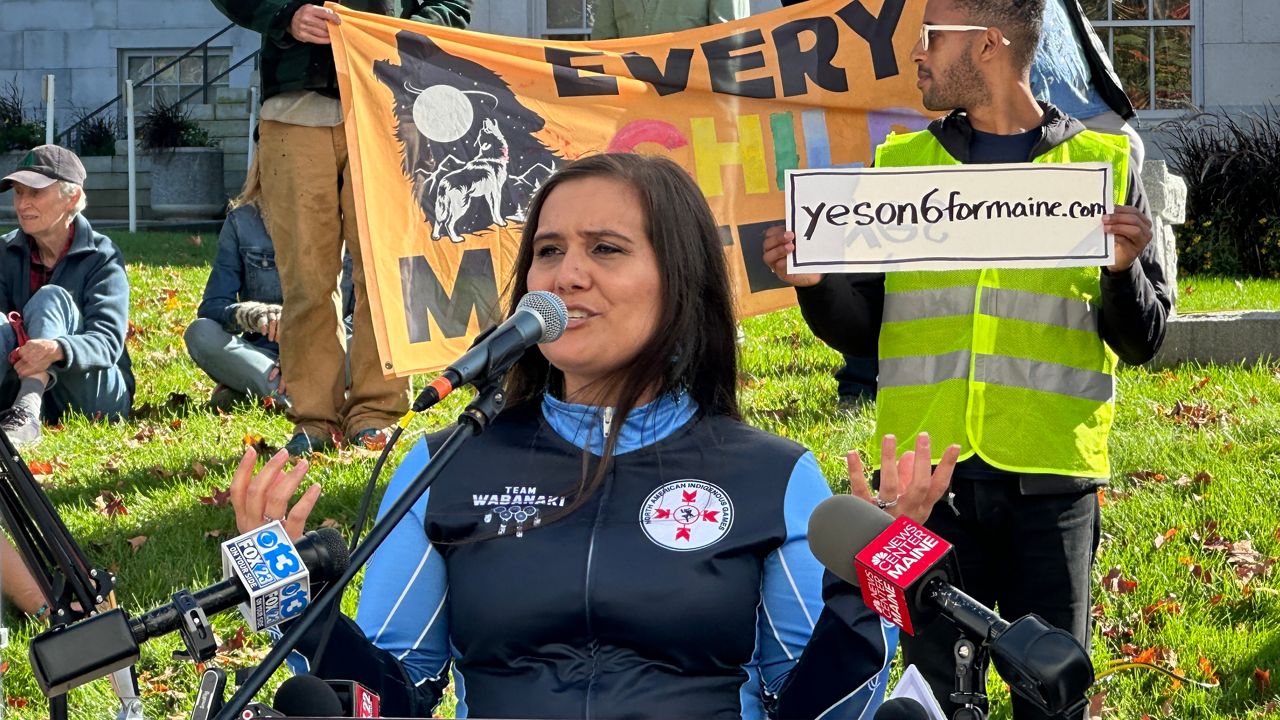Tribal leaders say a bill signed by Gov. Janet Mills this week will strengthen their ability to prosecute crimes on tribal lands and that they are hopeful additional work will lead to more rights in the future.
The new law, which also allows the Penobscot Nation to regulate drinking water on tribal lands, implements some of the recommendations from a 2020 task force report that calls for full tribal sovereignty.
Maine’s four Wabanaki Nations are bound by a 1980 agreement with the state in which they are treated more like municipalities than independent governments.
“The strengthening of tribal courts and restoration of criminal jurisdiction represents great progress in our efforts to restore the recognition of our inherent tribal sovereignty that we did not relinquish in 1980,” Penobscot Nation Tribal Ambassador and Wabanaki Alliance Board President Maulian Bryant said in a statement.
Mills called the tribal courts bill “another important step forward.”
The bill gives exclusive jurisdiction to tribal courts for two classes of misdemeanor crimes and low-level felonies committed by adult tribal members on tribal land.
While legislative Democrats and many Republicans support tribal efforts to regain full sovereignty, Mills prefers to consider issues individually. Her office said that her work with the tribes over the past five years has advanced tribal rights more than any governor in the past 40 years.
The list includes creating a formal State-Tribal policy making process; giving tribes the chance to benefit from online sports wagering; strengthening water quality standards for sustenance fishing; expanding tribal jurisdiction in domestic violence cases and improving water quality for the Passamaquoddy in Washington County.
The bill signed into law this week — sponsored by House Speaker Rachel Talbot Ross (D-Portland) — started out last year as legislation to rewrite the 1980 agreement to give the tribes the “same rights to self-determination as other federally recognized Indian tribes within the United States,” according to the original bill summary.
But by February, Talbot Ross slimmed down the bill to focus on the tribal court powers, expanding land acquisition rights and giving tribes the ability to directly tap into federal benefits.
The final bill that passed the House and Senate and was signed by Mills focuses only on tribal courts and the regulation of drinking water by the Penobscot Nation.
Tribes in Maine lack the power of full sovereignty enjoyed by 570 other tribes across the country. Those tribes have more freedom and power to partner directly with the federal government.
In her statement, Bryant said the tribes remain hopeful that more progress will be made in the future to implement the task force recommendations and get to full self-determination.
“While this bill handles one subject area of those recommendations, criminal jurisdiction is highly significant to our nations and our people,” she said. “Having this expanded jurisdiction helps our communities protect our people and enhance our peace, prosperity and safety.”









)